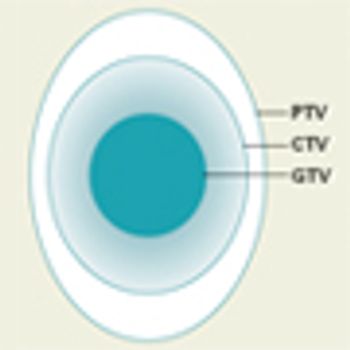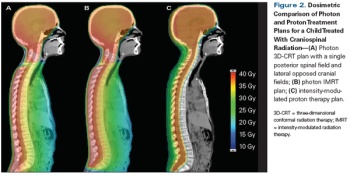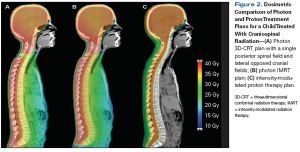
Minimizing late treatment toxicities in these patients remains an important priority due to both the young age of the patients and the high cure rate that can be achieved.

Your AI-Trained Oncology Knowledge Connection!


Minimizing late treatment toxicities in these patients remains an important priority due to both the young age of the patients and the high cure rate that can be achieved.

In this article we discuss the specifics of refining current strategies for radiation delivery, as well as new and up-and-coming heavy particle techniques and radiotherapeutics.


The epigenetic control of gene expression has been shown to play an important role in cancer initiation, progression, and resistance. Thus, agents that modify the epigenetic environment of tumors will likely be an important addition to the anticancer arsenal. Specifically, there is much interest in modulating histone acetylation using a new class of drugs, histone deacetylase (HDAC) inhibitors. Preclinical data have demonstrated the efficacy of various HDAC inhibitors as anticancer agents, with the greatest effects shown when HDAC inhibitors are used in combination with other therapies. As a result of encouraging preclinical data, numerous HDAC inhibitors are being investigated in clinical trials either as monotherapies or in conjunction with other treatments such as chemotherapy, biologic therapy, or radiation therapy. In fact, vorinostat and depsipeptide, two actively studied HDAC inhibitors, were recently approved for the treatment of refractory cutaneous T-cell lymphoma. Although the use of HDAC inhibitors has generated great enthusiasm, a significant amount of work still needs to be done in order to understand their mechanisms of action, as well as to determine the appropriate patient characteristics and subsets of cancer for which HDAC inhibitors hold the most potential for effective treatment.

This chapter provides a brief overview of the principles of radiation therapy. The topics to be discussed include the physical aspects of how radiation works (ionization, radiation interactions) and how it is delivered (treatment machines, treatment planning, and brachytherapy). Recent relevant techniques of radiation oncology, such as conformal and stereotactic radiation therapy, also will be presented. These topics are not covered in great technical detail. It is hoped that a basic understanding of radiation treatment will benefit those practicing in other disciplines of cancer management. This chapter does not address the principles of radiobiology, which guide radiation oncologists in determining issues of treatment time, dose, and fractionation or in combining radiation with sensitizers, protectors, and chemotherapy or hormones.

Published: April 9th 2009 | Updated:

Published: March 25th 2011 | Updated:

Published: February 16th 2010 | Updated:

Published: March 15th 2017 | Updated:

Published: March 15th 2017 | Updated: